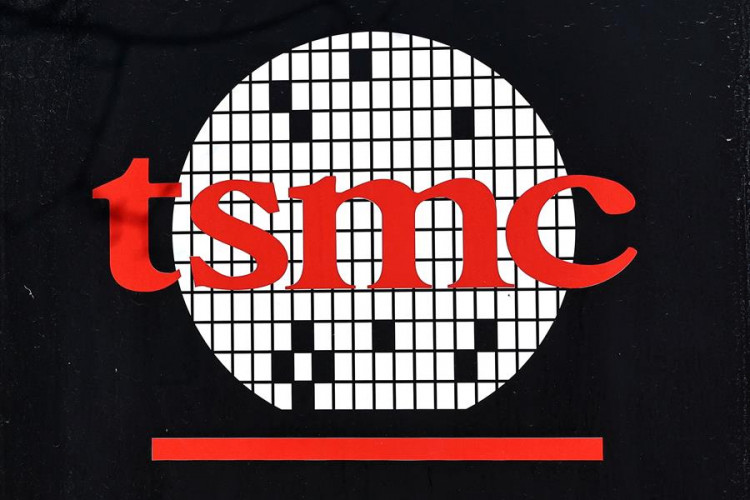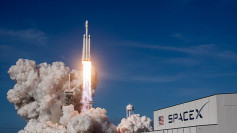Taiwan Semiconductor Manufacturing Co. (TSMC) has officially commenced construction of its first European plant in Dresden, Germany. The €10 billion ($11 billion) project marks a pivotal moment for the continent, which is striving to reduce its dependency on Asian semiconductor imports amid growing geopolitical tensions between the U.S. and China. The groundbreaking ceremony on Tuesday was attended by German Chancellor Olaf Scholz, European Commission President Ursula von der Leyen, and TSMC CEO C.C. Wei, underscoring the importance of this development for both Europe and Taiwan.
Chancellor Scholz emphasized the critical role that semiconductors play in the future of technology, highlighting the need for Europe to secure its own supply chains. "We are dependent on semiconductors for our sustainable future technologies, but we must not be dependent on other regions of the world for the supply of semiconductors," Scholz declared during the event. The German government is committed to leading the European Union's effort to produce one-fifth of the world's semiconductors by 2030, a goal that has gained urgency following the supply chain disruptions during the COVID-19 pandemic and the escalating tensions between Washington and Beijing.
The new Dresden plant will focus on producing chips for the automotive and industrial sectors, with TSMC holding a 70% stake in the project. The remaining 30% is shared by European partners Infineon Technologies AG, NXP Semiconductors NV, and Robert Bosch GmbH, each holding a 10% stake. The plant is expected to begin production by the end of 2027, providing much-needed support to Germany's automotive industry, which has faced significant challenges due to the global chip shortage.
The European Commission's approval of €5 billion in state subsidies for the Dresden plant is part of a broader strategy to reduce Europe's reliance on Asian imports of vital technology. The project represents a major step forward in Europe's efforts to insulate itself from the potential fallout of the U.S.-China rivalry, which has increasingly centered on the semiconductor industry. The U.S. has imposed export controls and tariffs on Chinese-made semiconductors, citing national security concerns, while China has ramped up its efforts to develop domestic chip production capabilities.
TSMC's decision to expand its production footprint outside of Taiwan is also driven by geopolitical considerations. The majority of TSMC's production is currently based in Taiwan, which Beijing considers a part of its territory. The possibility of conflict over Taiwan has raised concerns about the stability of the global semiconductor supply chain, prompting TSMC to diversify its manufacturing base. In addition to the new plant in Germany, TSMC recently opened its first plant in Japan and has committed to building three advanced facilities in Arizona, with total investments exceeding $65 billion.
While the German government has presented the TSMC investment as a purely economic initiative, the partnership with Taiwan carries significant geopolitical implications. Germany's relationship with China, its largest trade partner, has been carefully managed to avoid exacerbating tensions. Beijing views Taiwan as a breakaway province and has been critical of any moves that could be seen as legitimizing Taiwan's status as a separate entity. German officials have been keen to emphasize the business aspects of the Dresden plant, downplaying any political overtones.
However, the potential for increased tensions with China remains. The investment in the semiconductor plant comes at a time when Germany is seeking to navigate a delicate balance between its economic ties with China and its need to secure critical technology supplies. The Dresden project, while a boon for Germany's semiconductor ambitions, could complicate its diplomatic relationship with Beijing.



